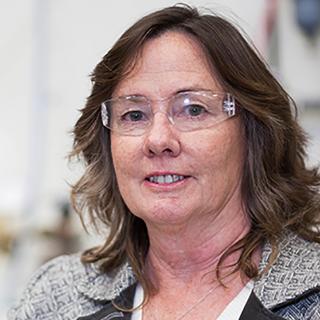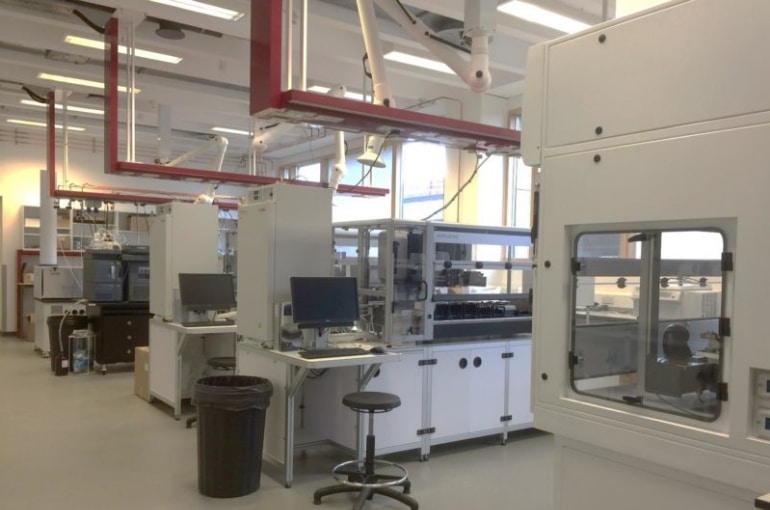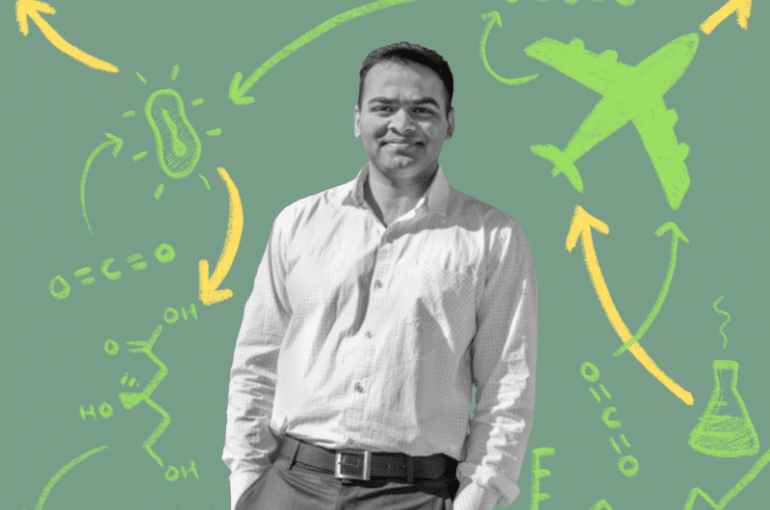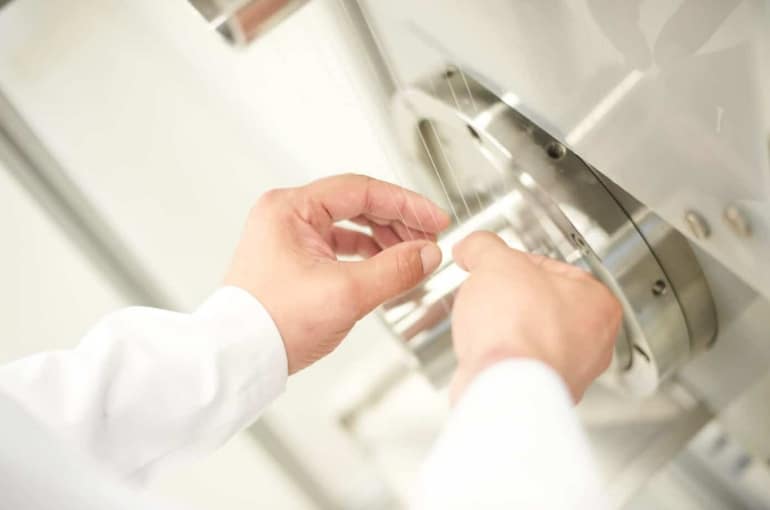Biomanufacturing, Chemicals & Materials
Chemical manufacturing is one of the world’s largest industries, producing nearly $5 trillion in goods annually. At the same time that the industry is very mature, the companies in it are highly dependent on innovation for lower costs, improved properties, and new products. In the past decade, synthetic biology has significantly contributed to all three of these success factors. Now, the industry faces threats and opportunities ranging from the tactical to the existential, and synthetic biology is arguably the best – in some cases, the only – means to address them. Learn more about biomanufacturing of chemicals and materials and the challenges facing the field that synthetic biology is poised to address.
Featured Speakers
Download the Report: What’s Your Bio Strategy for Diversified Commodity, Specialty, and Fine Chemicals and Materials? (2018)
This is a series of reports that accompanies the book, What’s Your Bio Strategy? by John Cumbers and Karl Schmieder. It is meant to be an industry-specific guide for companies in fields that will be strongly impacted by synthetic biology – and need to take strategic steps in response, or in advance. It is also meant to help practitioners in synthetic biology understand the structure and future of that industry, so they can better see how to align their innovations with industry and company goals.
Featured Stories
How Manchester’s SYNBIOCHEM is harnessing the power of synthetic biology to scale up the production of chemicals and materials
The development of “cleaner, greener” sustainable production processes through low carbon technologies and the efficient use of resources, towards a circular bio-based economy and cleaner economic growth, is one of the greatest industrial opportunities of our time. READ MORE
Scientists are Engineering Organisms to Create New Materials
It is no longer a pipedream to design and engineer microorganisms to produce diverse, functional biomaterials. Scientists and artists are doing it every day in laboratories and workshops all around the world. READ MORE
Can we go carbon negative?
“Biology is unique. It is self-healing and self-replicating. It follows the circularity we find in nature — replenishing itself, renewing itself.”Dugar founded Visolis, a Berkeley-based company, to help bring the “circularity of biology” to industrial manufacturing. READ MORE
Procter & Gamble embraces the bio-based future
The bio-based concept is simple: Develop products using plant-based materials instead of synthetic ones. But making viable products with these components is a significant challenge. READ MORE
Why is global aeronautics leader Airbus partnering with synthetic biology startup AMSilk?
AMSilk announced a new partnership with aerospace giant Airbus to develop the next generation of lightweight, high performance planes. This collaboration will realize the creation of the first composite material made of AMSilk’s Biosteel® fiber. READ MORE
British defense tech, meet synthetic spider silk
In an unlikely collaboration between Swiss luxury watchmaking giant OMEGA and German synthetic biology company AMSilk –the first company ever to produce synthetic silk polymers on an industrial scale — the fabric of the future is commercially available to consumers for the first time in the form of a simple, functional, and stylish NATO watch strap. READ MORE



